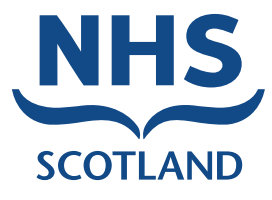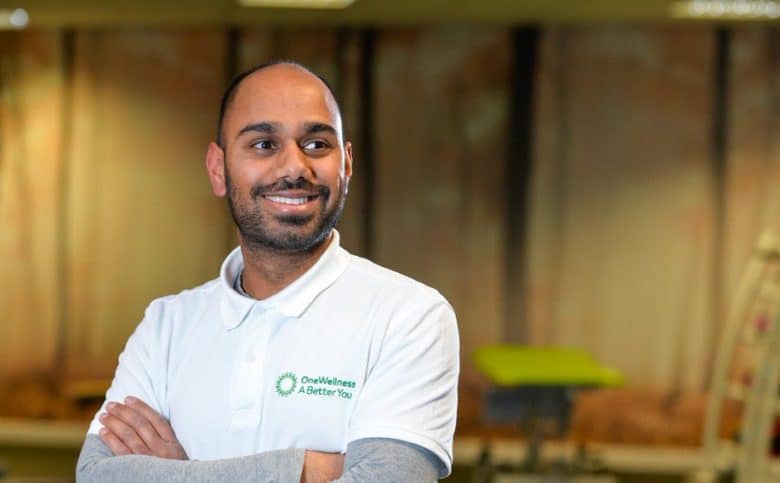By Dr Rahul Lakhera
As the new government guidelines prioritise self-isolation and social distancing for the nations safety, many of us are entering unchartered territory where we can no longer do activities of daily living that we used to take for granted. There is no doubt loneliness and a disruption to our routine can have a negative effect on our mental and physical health but here are some suggestions of how to combat this.
1 – Light exposure
The rhythm of all the cells in our body are based around sunlight exposure and there is a reason why our ancestors worshipped the star at the centre of our solar system. Even sleep is affected as lack of early morning light exposure can negatively affect our production levels of the sleep hormone melatonin. Bright light however is detrimental in the evenings and keeps us up, hence why the sun sets. Natural light exposure will elevate mood levels, energy levels, reduce stress and anxiety, allow for better productivity and reactions. Now, a lot of us spend too much time indoors going from house to car, car to work, working until it is dark and then going back home in the car. Our brain doesn’t have a clue what time of day it is and then to confuse it further in the evening, we spend 2-3 hours in front of various light boxes whether that be TV, computer or phone. Now we are being made to spend time at home it is imperative to make use of any outdoor space you have. On social media you will have seen people on their balconies and roof tops. What good is light exposure in grey England I hear you say. Well the light exposure on a grey day outside is still 10 times more than what you will get with all the lights on at home. Then when you add in the benefits of seeing some greenery outside and hearing the birds to reduce your blood pressure and anxiety, you can see the benefits. So, to reduce your cabin fever, get outside as much as you can (whether that’s standing on your balcony or in the garden), especially before lunchtime.
2 – Sleep
Hopefully point 1 did not send you to sleep! Sleep is our own natural way of dealing with all the stress of the day. It is no coincidence that poor sleep is linked to increased risk of mental health conditions. During the sleep cycle we perform our own version of counselling called Rapid Eye Movement (REM) and we dream in this stage. That is our own attempt at processing what is going on in our lives and in fact there is a type of counselling called Eye Movement Desensitisation and Reprocessing (EMDR) that uses this technique when we’re awake. Most of us are in a sleep deficit and we do not prioritise this. Now, due to self-isolation and social distancing, you have no excuse but to prioritise sleep; get to bed at a good time, relax and unwind in the evening, and be careful with your alcohol and caffeine intake. This will ensure we feel better equipped to take on all the changes being thrown at us.
3 – Keep connected
The World Health Organisation (WHO) has acknowledged social isolation and loneliness as a significant risk factor for a number of psychological and physical illnesses. The new guidelines will not help this but there are ways to get around it. Keep in touch with family and friends regularly through telephone calls, skype, social media and WhatsApp. Can you can think outside the box and do group activities? Like video gaming online or even singing outside as a group like we have seen in Italy.
4 – Limit triggers and overwhelming information
The truth is a lot of our stresses come from our own perception of what we think MAY happen and not what actually is happening this instant. Try to keep in the moment and think in the present. Regular periods of breathwork or meditation give you a better chance of achieving this. Just 3 minutes of focussed breathing (I like box breathing of 4 seconds in, 4 seconds hold, 4 seconds out, 4 seconds hold and then repeat) allow you to get into a parasympathetic flow state. If you can do this a few times a day then even better. There is a lot of information out there about what is going on, some true and some false. You may want to limit what you look at and when you look at it (maybe give yourself 30-60 minutes a day to look at the news only). It may be the time to take yourself off social media for a bit to avoid all the sensational stuff that will get you worried. If there is something that particularly triggers anxiety in you then make an effort to avoid it.
5 – Exercise
If exercise was a drug whoever made it would be unbelievably rich. It helps everything. Find something that you like and do it inside or in the garden. It can be high intensity training, dancing in the kitchen alone or with family, YouTube yoga classes etc. Keep active to burn away the stress as that is a proven way to close the stress loop.
6 – Diet
You are what you eat. If the revolutionary SMILES trial from Australia taught us anything it is that what you eat does affect your mental health. Self-isolation is stressful and we all want to reach for the chocolate box or maybe the gin, but you can eat well with good long-lasting options. The blue zones around the world that have the happiest populations all eat nuts, tubers, grains, greens, and beans. Tins of different types of beans, bags of nuts and grains, and frozen vegetables should last you a long time.
7 – Reframe the narrative and be creative
As mentioned in point 4, the story we tell ourselves frames our mood and perspective on situations. What if you going into self-isolation is not the worst thing in the world? We all live such busy lives now we do not have any time to reflect on where we are and what we are doing. This period of isolation is a good opportunity for self-reflection, doing all the jobs on your to do list that you never get a chance to do and to be creative and do something most of us think we have no time for. Creativity is also another way of closing the stress cycle. Shakespeare himself said he wrote his best plays during self-isolation at the time of the plague!








